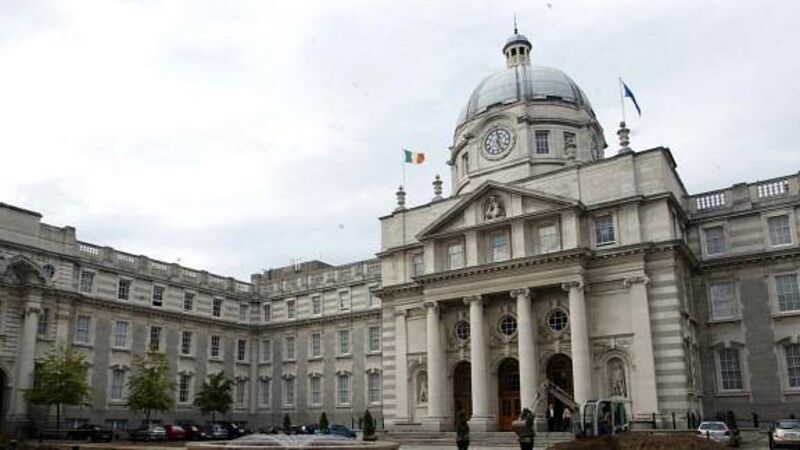Banking inquiry - Reveal Cabinet discussions

Irish citizens may have to wait even longer to discover the full story behind a less humanly tragic but equally momentous event in our nation’s history — the late-night ministerial discussions which approved the ill-advised and lamentable bank guarantee. Why? Cabinet confidentiality.
At least that is what the Oireachtas committee holding the banking inquiry has been advised. The committee has been told that Cabinet confidentiality protects any discussions that led to the guarantee which — as we have all learned to our cost — had catastrophic economic consequences.














